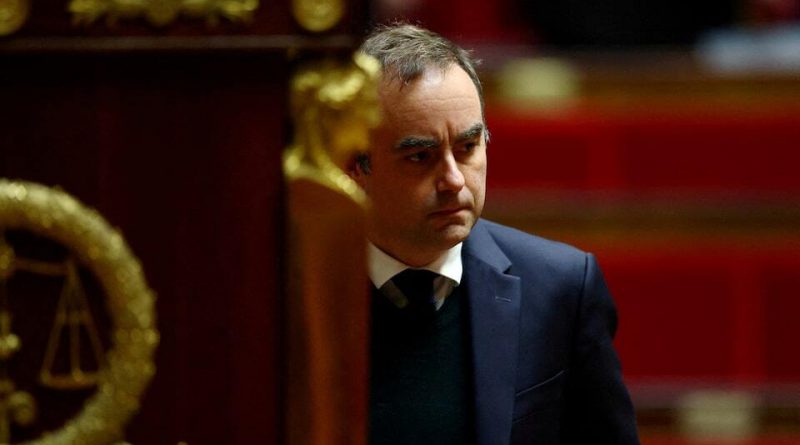French PM Lecornu Pushes to Finalize 2026 Budget Despite Deepening Parliamentary Strains
Paris – French Prime Minister Sebastien Lecornu reaffirmed that the government still aims to secure a finalized 2026 budget by the end of the year. His comments come at a time when tensions in parliament have made the path forward increasingly uncertain.
Lecornu addressed the issue shortly after the lower house rejected critical parts of the 2026 budget bill. The rejection raised doubts about whether the divided parliament can reach a compromise under tight fiscal expectations.
France’s political landscape remains fragmented, making budget negotiations more complex than in previous years. Lawmakers face added pressure from financial markets demanding credible plans to reduce the national deficit.
The prime minister described the situation as a warning for the future but maintained confidence in the process. He emphasized that despite disagreements, a workable parliamentary majority still exists for advancing the budget.
Lecornu insisted that completing the budget bill remains achievable if parties choose cooperation over confrontation. His message aimed to reassure both legislators and international observers watching France’s fiscal direction.
Over the weekend, lawmakers voted against the income section of the budget, which covers taxation measures. This setback triggered renewed political friction and pushed the bill onto the next stage of legislative review.
The budget now moves to the Senate, where substantial revisions are expected during committee sessions. Many amendments added by the lower house are likely to be removed or rewritten during this phase.
Under France’s legislative process, both chambers must approve identical versions of the budget for it to pass. This requirement means further negotiation will be essential before the year’s end.
Once the Senate completes its deliberations, the bill will be sent to a joint committee made up of members from both houses. The committee’s task will be to reconcile differences and propose a unified text acceptable to both chambers.
The timeline is tight, and political divisions remain significant, increasing the challenge for the government. Still, officials believe that reaching an agreement is necessary to maintain financial stability and investor confidence.
France’s budget remains under close scrutiny due to its persistent deficit and pressure to meet European fiscal rules. Failure to pass a budget on time could send negative signals to markets and delay planned reforms.
Lecornu has continued meeting with party groups and independent lawmakers to build support for the revised bill. He has urged them to prioritize national responsibility over partisan disputes.
The prime minister highlighted that the budget includes important measures for public services, economic support, and deficit reduction. He argued that delaying approval would undermine efforts to stabilize the economy in a challenging global context.
Opposition parties, however, have criticized various elements of the budget, citing concerns over spending and revenue reforms. They argue that the government must present clearer strategies to manage public finances in the long term.
Political analysts say the coming weeks will test the government’s ability to navigate a divided legislature. The final outcome will depend on last-minute compromises and willingness from lawmakers to avoid a fiscal deadlock.
As the year-end deadline approaches, France faces a crucial period that will shape its financial path into 2026. The government hopes that consensus can still be achieved despite mounting political pressure.



